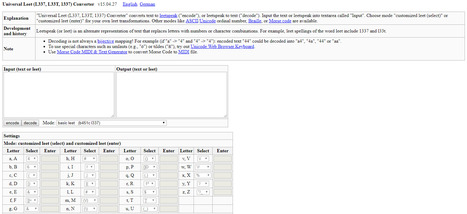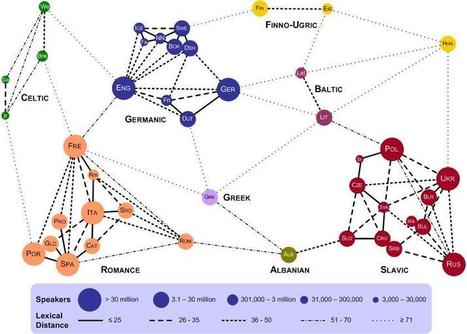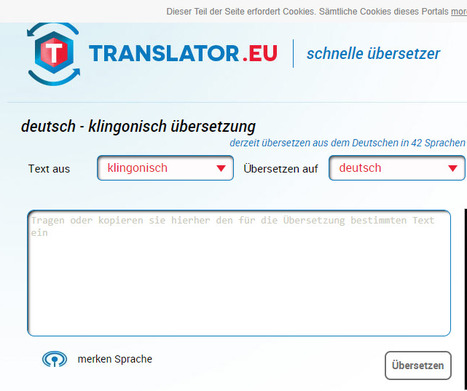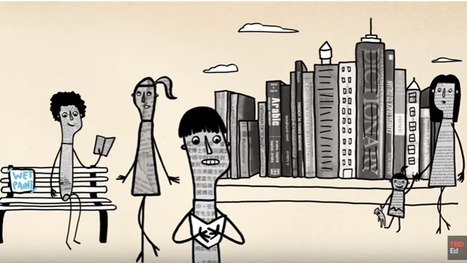Klingonen ist etwas ganz Besonderes. Es wurde von Marc Okrandem für Filme Star Trek erfunden. Er versuchte, eine Rede, die von fremden Kreaturen, die genau wie ein paar unverständliche Worte klangen verwendet wird, aber den Eindruck gewonnen, dass eine vollwertige Sprache. Damit wurde eine völlig neue Sprache komplett mit Grammatik, Wortschatz, Syntax und einem eigenen Alphabet, das der ganzen Welt verbreitet und gewann viele Fans erstellt. Einer von ihnen kann sogar Sie, wenn Sie lernen, Klingonen über unseren Tschechisch-Klingon Wörterbuch. Diese Sprache ist auch bemerkenswert, dass im Gegensatz zu anderen Kunstsprache für diesen speziellen Bevölkerung, dh erstellt. erste war sein USER Gelees, dann die Sprache.
Die Nutzer dieser Sprache genannt werden Klingonen sind Ausländer in Filmen und TV Serien Star Trek. Das Auftreten dieser Sprache stammt aus dem Jahr 1984, als sie den Film Star Trek III eingeführt: Auf der Suche nach Mr. Spock. Ein weiterer Schritt in Richtung Perfektion der Sprache fand im Jahr 1987, als sie sich nächste Serie kommen. Heutzutage gibt es auch Übersetzungen von Shakespeares Werken in Klingonaase, nämlich dem Stück Hamlet und Viel Lärm um nichts. Wird auch übersetzt das Gilgamesch-Epos und dem Tao Te Ching.
Für die Zwecke der Klingonaase Klingon Language Institute wurde gegründet, die seit 1922 in Betrieb ist Es bringt die Interessenten in der klingonischen Sprache und Kultur und bietet ihnen Dienstleistungen in Bezug auf ihre Fan-Aktivität.
Learn more / En savoir plus / Mehr erfahren:
https://www.scoop.it/t/21st-century-learning-and-teaching/?&tag=Languages



 Your new post is loading...
Your new post is loading...













![The 10 Most Popular Languages Used Online [Infographic] | 21st Century Learning and Teaching | Scoop.it](https://img.scoop.it/kWws3rg_QmqamKSPTa09-Dl72eJkfbmt4t8yenImKBVvK0kTmF0xjctABnaLJIm9)




